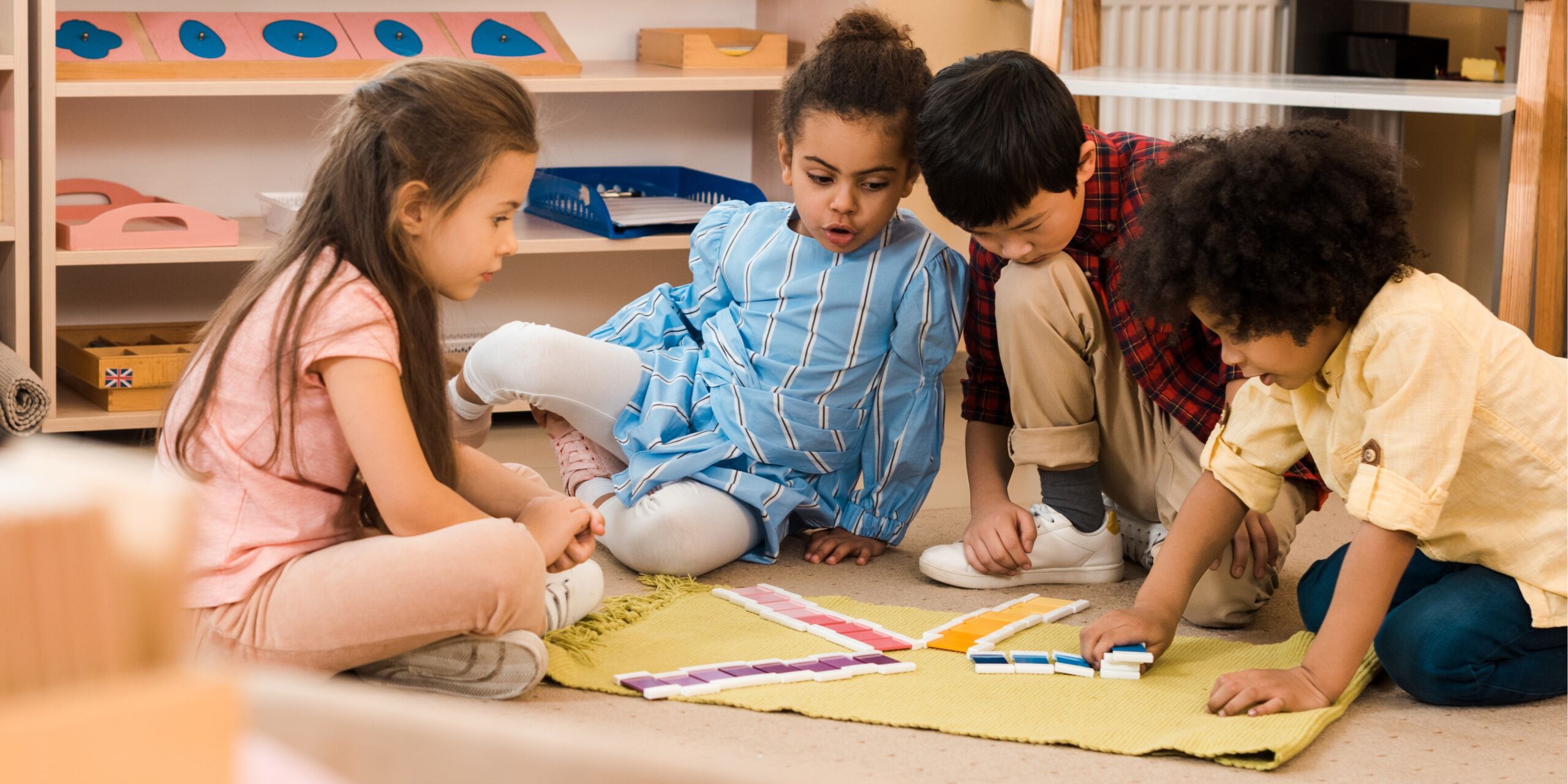Early childhood education career pathways in Australia

There are a lot of careers in the early childhood education field in Australia. You can work with infants, toddlers and preschoolers at home, in child care centres or in family day care homes. You could also choose to specialise in one area, such as working with children on the autism spectrum or those who have intellectual disabilities.
Starting your career as a nanny
One of the most common early childhood education careers is that of a nanny. Nannies care for children in private homes and often form close bonds with the families they work for. A nanny is a professional childcare provider and is typically responsible for all aspects of child care, from providing meals and snacks to helping with homework and planning fun activities. They may also be responsible for light housekeeping tasks related to the children, such as laundry and tidying up after playtime.
In addition to their regular duties, nannies may also be called upon to take on additional responsibilities from time to time, such as chaperoning field trips or supervising playdates. A nanny should be patient, reliable, and well-organized, with a genuine love for children. You will need to hold a First Aid and CPR certificate to be a nanny in Australia.
Early childhood education and care
Early childhood Educators help young children develop the skills they need to succeed at school and beyond. They play a vital role in helping children learn about their world through play-based learning experiences that encourage social interaction, build self-esteem, and foster emotional well-being.
In order for students to be successful during their time in the Early Childhood Centre, it’s important for them to have been exposed to certain critical areas of learning prior: language (both oral communication skills and literacy), numeracy (basic number concepts), science (how our world works), art & design (creative expression) as well as physical development. All early childhood educators follow the National Quality Framework during their work.
Developing your career in early childhood education
The early childhood education and care sector is diverse and offers a wide range of roles. You can choose different levels of courses and diplomas that will enable you to work in specific roles.
Certificate III in Early Childhood Education and Care
A good way to start is by gaining a Certificate III in Early Childhood Education and Care, which covers all aspects of early education and care, including philosophy and practice, community engagement and management.
Gaining this certification takes 1-2 years, and it requires 1200 hours of study time. Holding this certification allows you to take on a job as a family day care educator, a nanny, or a kindergarten assistant.
Diploma of Early Childhood Education and Care
For those who decide to advance their career further, the next step up from Certificate III is the Diploma of Early Childhood Education and Care.
This course prepares attendants for a leadership role within early learning facilities. Gaining the diploma takes 1-2 years to complete. With this qualification, you may work as a lead educator, playgroup supervisor, or child care centre director.
Where can you work as an educator?
There are many types of places where you can work as an early childhood educator. You can work in long day care centres, kindergartens, family day care homes, or even out of your own home. Some educators also find positions in before-and-after-school care programs or vacation care programs.
No matter where you choose to work, you’ll be making a positive difference in the lives of young children!
Senior roles in early childhood education
If you are even more serious about this career path, there are other ways to get involved at a higher level. For example, you may choose to pursue a university education and become a Trainer and Assessor for early childhood educators.
You could also become an Early Childhood Consultant, working with individual families or groups of families to provide advice and support around all aspects of their child’s education and care.
Another possible way to get involved is by operating and managing a childcare centre. This would give you the opportunity to shape the care and education provided to children in your local community.
Finally, if you are interested in developing new teaching frameworks and curricula, you could become an Early Childhood Education Researcher.
Conclusion
This is just a snapshot of what you can do with a career in early childhood education, as this is a field that is growing rapidly in Australia. It is a great career for anyone with an interest in child development and early childhood education. It’s also a job that will give you plenty of opportunities to grow throughout your career.


